RSS
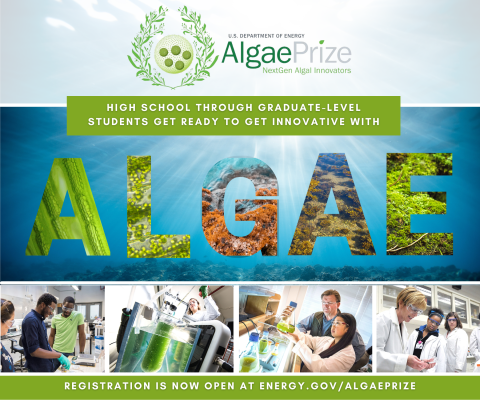
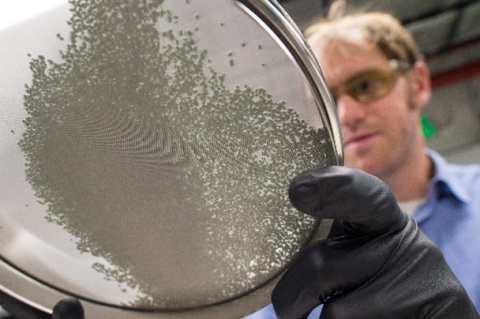
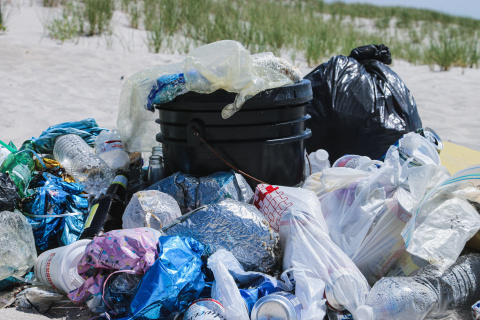
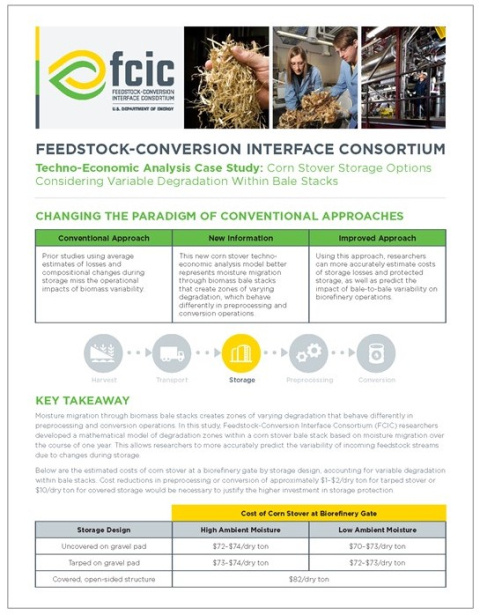
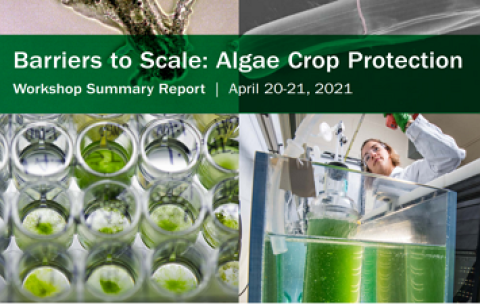
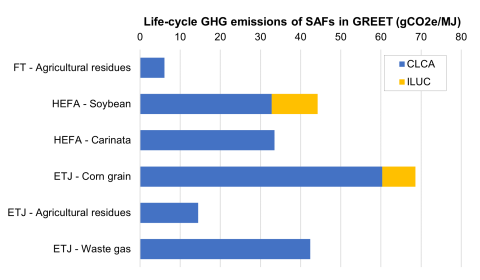
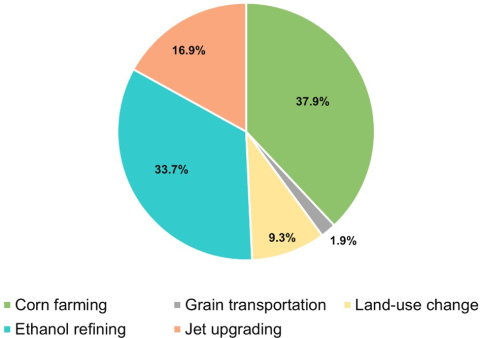
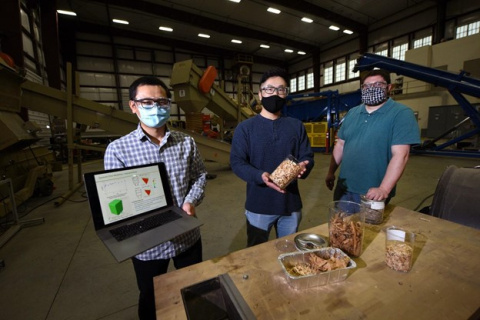

U.S. DOE announces the new AlgaePrize student competition for high school students up through graduate university level.

Perhaps worse than reinventing the wheel is being forced to reinvent the wheel. Unfortunately, that has been a reality for many scientists working to develop catalysts used to upgrade waste or biomass resources into climate-friendly biofuels.

DOE has awarded $13.4 million to seven projects for R&D of novel recycling processes and technologies to cut plastic waste and reduce the energy consumption and carbon emissions of single-use plastics.
BETO seeks info on readiness to scale process technologies to pilot- and demonstration-scale sustainable aviation, diesel, and marine fuels.

This Feedstock-Conversion Interface Consortium (FCIC) case study explores the research on how to more accurately predict the variability of incoming feedstock streams due to changes during storage.

This report summarizes key takeaways from the 2021 Algae Crop Protection Workshop, including strategies to overcome the significant technical challenge of pests to the scaling and process intensification of the algae industry.

We need sustainable aviation fuels and efficient aircraft technologies to meet emissions reduction goals. Argonne’s GREET model can help guide the airline industry and jet fuel producers in the right direction.
DOE's Bioenergy Technologies Office is releasing a notice of intent to post a funding opportunity later this year for scaling up of biofuels and bioproducts in refineries.

With cleaner technologies and regenerative farming practices, low-carbon ethanol can be converted into sustainable aviation fuels. Argonne’s GREET model simulation shows a path to zero-carbon jet fuel from corn-based ethanol.
An Idaho National Laboratory research team has identified models that could help scale-up processing to industry scale at an economically low cost.

